MENTAL Health Awareness Week ended on May 20th. It may have slipped under the radar with so much focus presently on the coronavirus pandemic, at a time when we are trying to find our way back to work, meeting friends and a slow return to the way things were.
However, rarely has there been a period when we need to be as aware as we can be of mental health issues, and to be on the lookout for each other. Of course this should be an ongoing process, and not just at times such as we are experiencing at present.
When I was considering what topic to cover this week, I was struck by some lovely feedback in the past when I mentioned a simple word in these columns, and a word that was a theme of Mental Health Awareness Week 2020. It is a four-letter word and the word is KIND.
You may recognise the expression ’it is better to give than receive’, but did you know this is backed up by research? People who are kind and compassionate see clear benefits to their own wellbeing and happiness. They may even live longer.
We all have so much going on in our lives, including competing strains and stresses, and not to mention the current coronavirus pandemic. This can see kindness pushed to one side, in favour of what is urgent or trending now. It can be easy to signal kindness by posting online and following a trend, but harder to commit to kindness in our daily words and actions.
If we take the time to be kind to other people, we can reap the emotional dividends. It can really make a difference, and especially for people who are vulnerable or struggling. Now is the time to re-imagine a kinder society that better protects our mental health.
What is kindness
Kindness is choosing to do something that helps others or yourself, motivated by genuine warm feelings. Kindness, or doing good, often means putting other people’s needs before our own. It could be shown by giving up our seat on a bus to someone who might need it more, or offering to make a cup of tea for someone at work.
Evidence shows that helping others can also benefit our own mental health and wellbeing. For example, it can reduce stress as well as improve mood, self-esteem and happiness. Good deeds needn’t take much time or cost any money. Small changes can make a big difference. It is the thought that counts far more than the action at times.
Health benefits
Studies have found that acts of kindness are linked to increased feelings of wellbeing. Helping others can also improve our support networks and encourage us to be more active ourselves. It creates a sense of belonging and reduces isolation. Helping others is thought to be one of the ways that people create, maintain and further strengthen their social connections.
It helps to keep things in perspective. Many people don’t realise the impact a different perspective can have on their own outlook on life. Doing some good may help you to have a more positive outlook about your own circumstances.
Acts of kindness have the potential to make the world a happier place. An act of kindness can boost feelings of confidence, the sense of being in control, your happiness and your optimism. The more you do for others, the more you do for yourself.
Happier place
Acts of kindness have the potential to make the world a happier place. We want to see a world where kindness is built into business decisions, government policy and official systems. However, we can start by displaying an individual commitment to showing kindness in our words and our actions. You might want to do something for someone else, or take note if you experience an act of kindness.
At work, remember to say hello to colleagues and ask how they are – whether that’s face-to-face, or virtually if you are working from home. In public places, follow the rules on social isolation and don’t make negative assumptions about others. Be a considerate cyclist/driver.
Take time to reach out online to people you haven’t seen for a while, or write something nice or encouraging on a post you appreciate. Think about what you share – look at the source of the post, and the tone. If it isn’t kind, think twice.
The more you do for others, the more they are likely to do for you. With this in mind, start by trying to help others once a day for a week and see if it makes a difference to how you feel. You can take joy in being deliberately kind – whether by recognising the time you have for your children or partner, speaking more often with your family, or by volunteering in your community.
Good enough
It’s important to be kind to yourself as well. Whatever you can manage to do today is good enough. Some people feel that the lockdown is giving them the time and chance to learn new skills or try new things. That may be you, and if so enjoy and celebrate that. If this isn’t you, try not to beat yourself up about what you see others doing.
If things are hard right now, try and find some small things to celebrate each day. Getting up and washing your hair can be just as much of an achievement for one person as someone else posting on Instagram about completing a five-kilometre run.
Prioritise some ‘me’ time, so you can relax and reflect on how you’re feeling and how your day or week has been so far. Turn off your social media channels for a day, or even a week. Treat yourself to something small, such as buying or planting some flowers. Do something you enjoy, like listening to a favourite song or reading a book. Spend some time in nature.
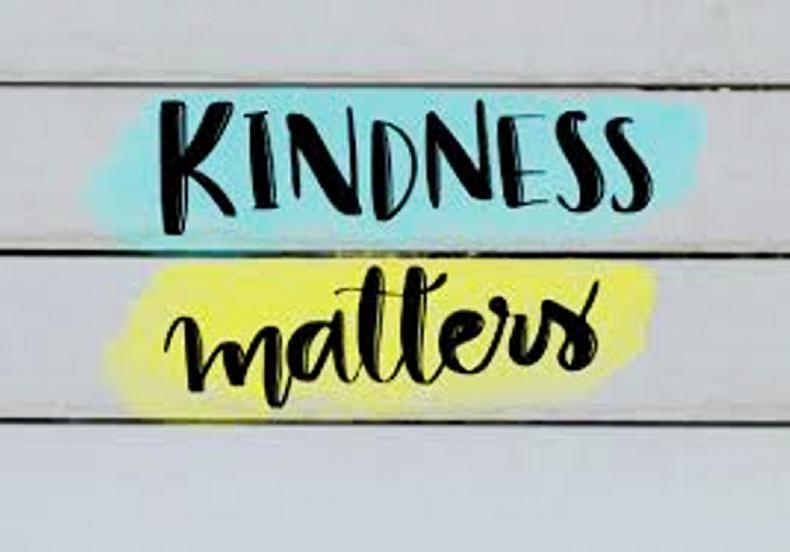

 This is a subscriber-only article
This is a subscriber-only article
 It looks like you're browsing in private mode
It looks like you're browsing in private mode




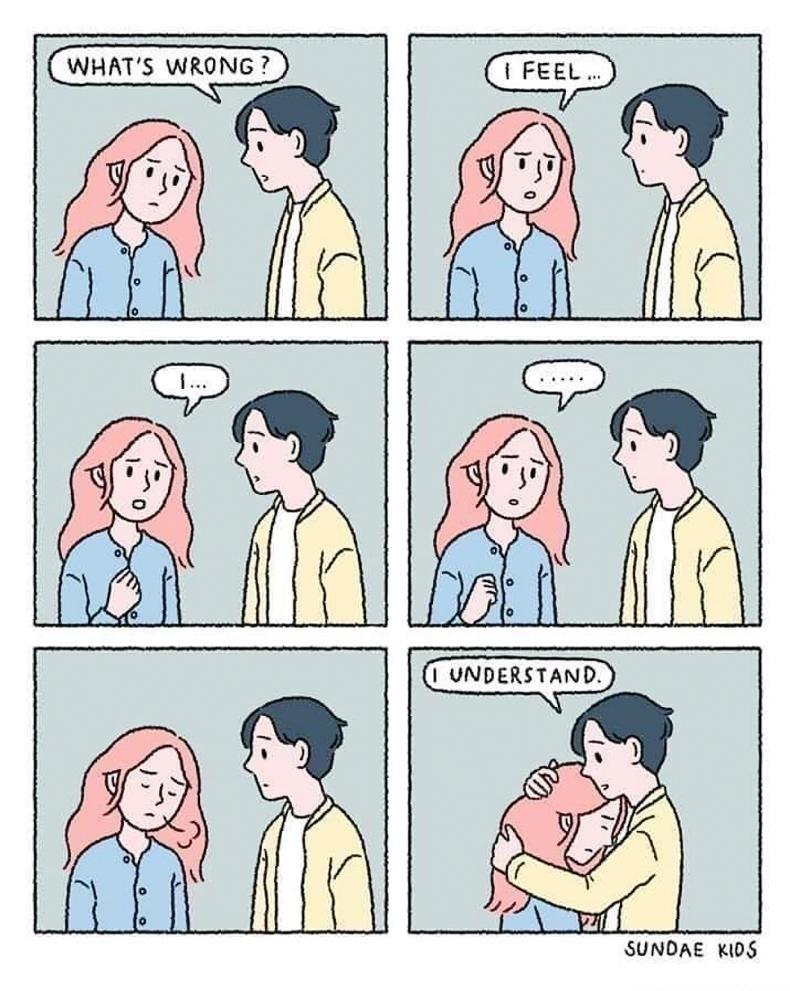

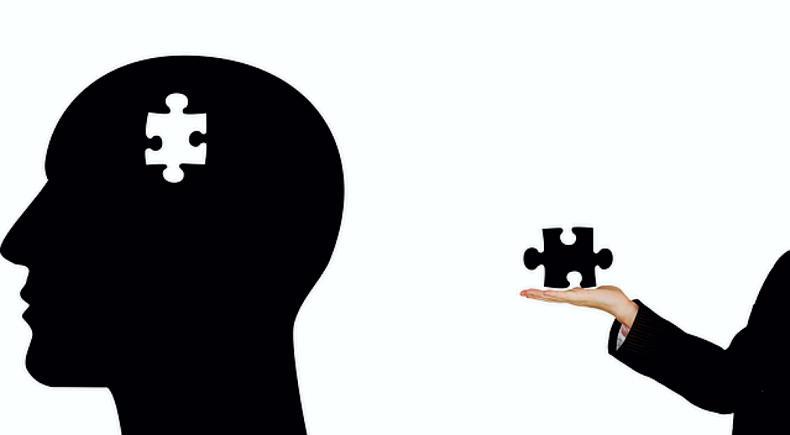

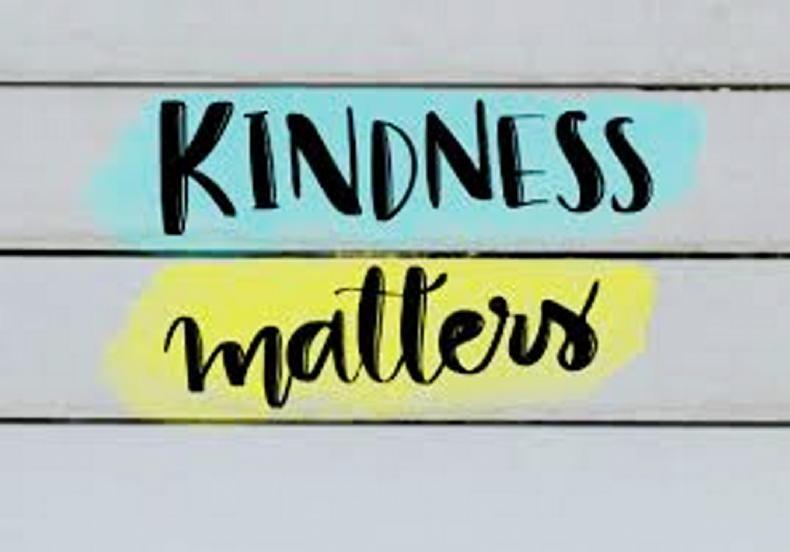
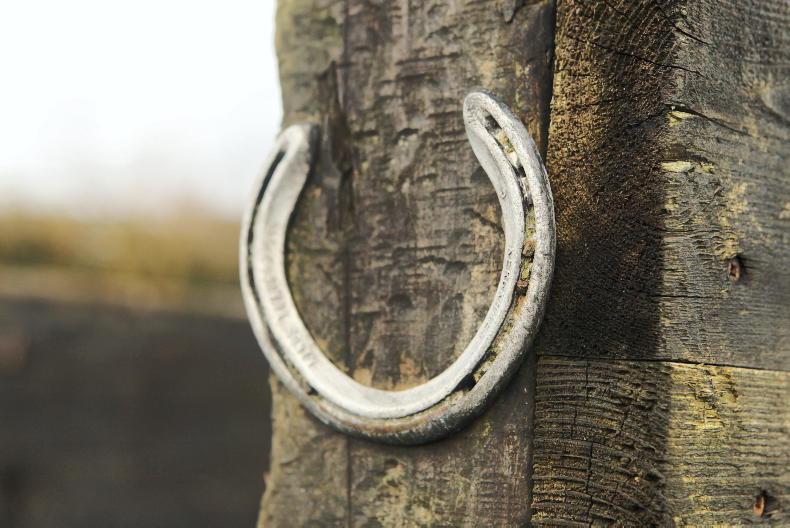

SHARING OPTIONS: